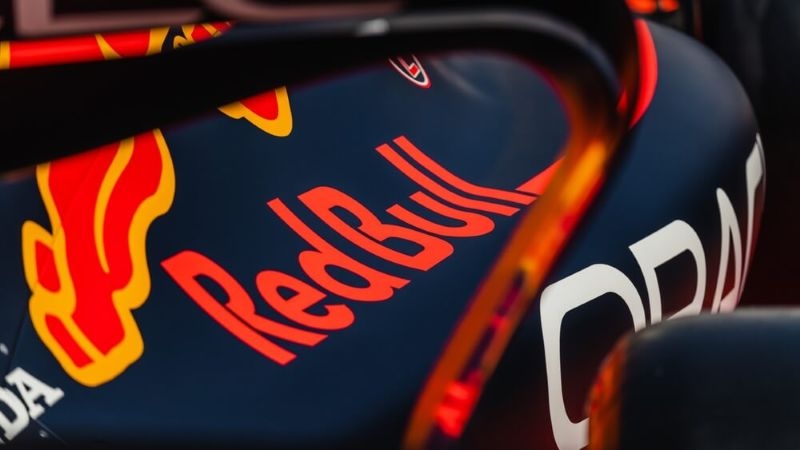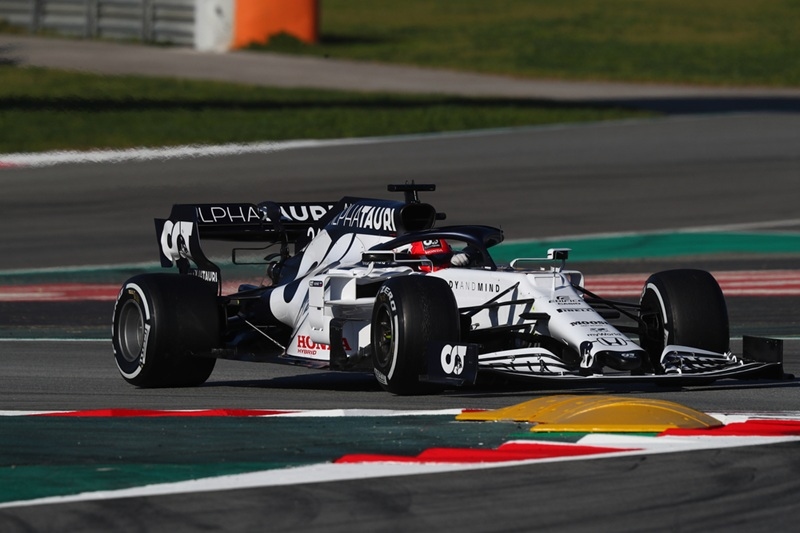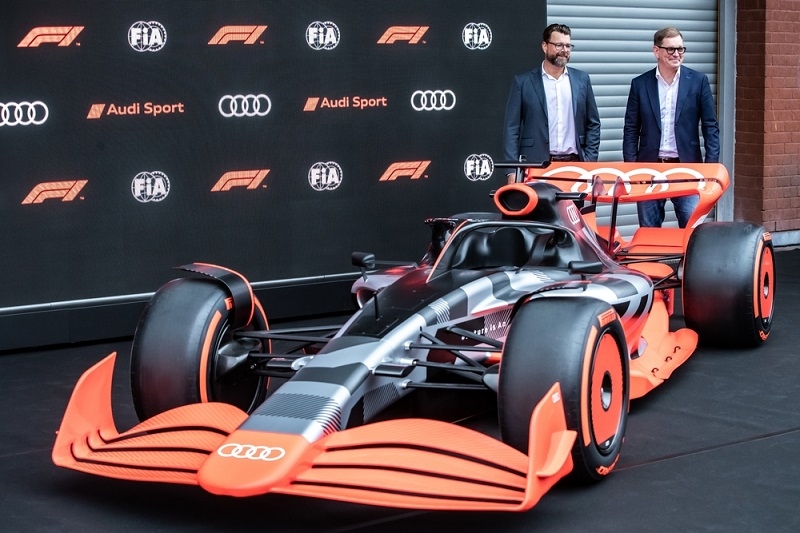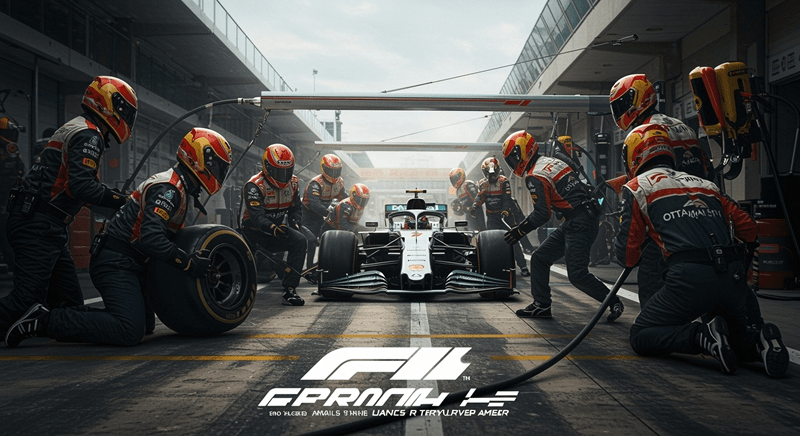Journey To Becoming An F1 Driver: The Ultimate Guide

The overarching strategy to become a Formula 1 driver is actually quite straightforward. However, within that framework, there is a considerable amount of effort required. This article aims to provide insights into the prerequisites for aspiring F1 drivers and how to initiate the journey. Beyond that, success hinges on your dedication and a touch of serendipity to realize your aspirations.
Initiate with Karting

Don't anticipate jumping straight into the cockpit of a multi-million-dollar F1 car. Progression through the ranks is imperative to earn that privilege and get the VIP experience. So, where should you begin? For many current F1 racers, the journey starts with karting. Karting serves as an ideal platform to grasp fundamental skills before advancing to more powerful vehicles. While karts may lack the speed and capabilities of F1 cars, they share similarities in being single-seaters and presenting similar racing challenges. Despite their slower pace, karting offers intense competition and demands finely honed techniques to excel. During your stint in kart racing, you can cultivate the essential skills necessary for future success. Many Formula 1 drivers began their careers in karting, spending roughly five to seven years dominating the karting circuit before transitioning to lower formulas. Yet, karting remains a valuable practice even as drivers progress. Icons like Ayrton Senna and Michael Schumacher continued returning to karting for additional training and enjoyment, a trend that persists among current racers.
Refine Racing Fundamentals
A solid foundation of skills is indispensable for aspiring Formula 1 drivers. While karting lays the groundwork, lower formula races offer opportunities to further develop these skills. It's crucial never to become complacent with your fundamentals. F1 racing is inherently perilous, necessitating unwavering focus and adept utilization of racing techniques to ensure safety. One common pitfall among aspiring racers is neglecting to revisit the basics. Regardless of experience level, continual refinement of skills is essential for success. Seeking guidance from mentors or coaches can provide invaluable insights as you navigate the competitive racing landscape. Additionally, integrating simulation tools into your training regimen can help keep your fundamental skills sharp, even when not behind the wheel.
Enhance Your Skills & Ascend the Ranks
Have you ever wondered how current Formula 1 drivers navigated their journey to the pinnacle of motorsport? No driver embarks on their F1 career straight away. Typically, reaching Formula 1 demands years of ascending the racing ladder. Upon mastering karting, you can progress to more challenging formulas. Initial steps may involve entry-level single-seater races, such as Formula Ford, followed by advancing to Formula 3 (formerly GP3). The duration spent in these lower tiers hinges entirely on individual success, with some drivers ascending the ranks swiftly while others may plateau. Your trajectory will be distinctive to your journey.
Utilize your time in these races to further hone your skills. Though lower-level racing is intense and competitive, nothing compares to the rigors of Formula 1 racing. Therefore, it's imperative to excel in your current class before advancing to the next tier of competition. Embrace opportunities to compete in more demanding circuits, as many established F1 drivers initially gained recognition in European circuits, where races can feature grids of over 60 drivers, offering a prime platform to refine skills and bolster your chances of becoming an F1 racer.
F1 Junior Driver Academies

Upon joining a team in a junior series, you may have the fortune of entering a driver academy affiliated with a Formula 1 outfit. These academies scout promising young talent and provide specialized training with the ultimate goal of fostering future F1 drivers. Membership in an academy can expedite your ascent through the ranks by offering expert coaching tailored for F1 prospects, along with essential financial support to propel young drivers forward. Notably, teams like Red Bull have demonstrated remarkable success in nurturing young F1 talent, with Toro Rosso/AlphaTauri serving as a developmental ground for the main team, fostering talents like Max Verstappen and Sebastian Vettel, both of whom went on to claim World Championships. While securing a spot in a constructor's junior team on the F1 grid doesn't guarantee a drive, it undoubtedly enhances your prospects.
Cultivate Relationships With Teams & Sponsors
Establishing relationships is pivotal for advancing through the ranks and positioning yourself as a genuine contender for Formula 1. As with any profession, networking is key. Although racing appears individualistic on the surface, competitive racing is anything but solitary. There are numerous teams to align with, offering not only camaraderie but also invaluable learning opportunities. Junior teams in single-seater racing often collaborate with seasoned drivers boasting impressive track records, providing aspiring racers the chance to learn from the best. This mentorship dynamic is crucial, offering insights into optimal racing techniques and pushing skill boundaries.
Moreover, forging relationships with sponsors is essential. As previously mentioned, the journey to becoming an F1 driver entails substantial costs. This is part of the Formula One business. Unless you possess ample personal funds, securing sponsorships is vital for progression. Sponsorship opportunities typically follow as you excel in racing, with sponsors seeking visible drivers who consistently make an impact in the racing realm. While F1 drivers may attract the most lucrative sponsorship offers, attention from sponsors extends to lower formula drivers, particularly in European circuits and markets where single-seater racing garners significant viewership.
The Financial Challenges
Regrettably, motorsport is inherently costly, posing a significant barrier for aspiring drivers, often leading to the discontinuation of grassroots participation or precluding entry altogether. From karting to Formula 1, expenses escalate steeply, making financial backing crucial for progression and taking part in some of the biggest world events. Ownership of a kart is just the beginning; substantial funds are required for maintenance, race entry fees, and more. Consequently, financial constraints may thwart even exceptionally talented drivers' aspirations of reaching Formula 1. Securing sponsorships is challenging, and even with financial support, drivers often resort to alternative means to cover expenses.
Lewis Hamilton's father, Anthony, epitomizes the sacrifices made, working multiple jobs and networking tirelessly to fund Lewis's early racing career and secure sponsorships. Financial backing can sometimes be the differentiating factor in securing a Formula 1 seat, with drivers who bring substantial sponsorship often gaining preference, earning the moniker "pay drivers." Smaller teams, in particular, rely on pay drivers to bolster their finances and aid in car development through sponsorship earnings.
FIA Super Licence
Attainment of a FIA Racing Super Licence is imperative for aspiring Grand Prix drivers, granting them eligibility to compete in the Formula 1 World Championship. To qualify for a Super Licence, drivers must meet rigorous criteria:
Be at least 18 years old
Hold an international class competition license
Possess a valid driver's license in their country of origin
Pass an FIA theory test on Formula 1 sporting regulations
Complete 80% of two seasons in recognized single-seater championships
Accumulate 40 Super Licence Points over three seasons in qualifying championships
Attain a specified license score Notably, discrepancies in point allocation among different series have sparked debates within motorsport circles, with arguments over the perceived undervaluation of achievements in series like IndyCar.
Conclusion
Becoming a Formula 1 driver demands unwavering dedication and hard work, as thousands of others vie for the same dream. However, with a blend of talent, commitment, perseverance, and a stroke of luck, your aspirations may indeed materialize.
This content was created by AI




